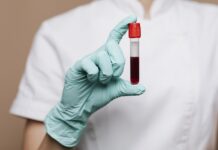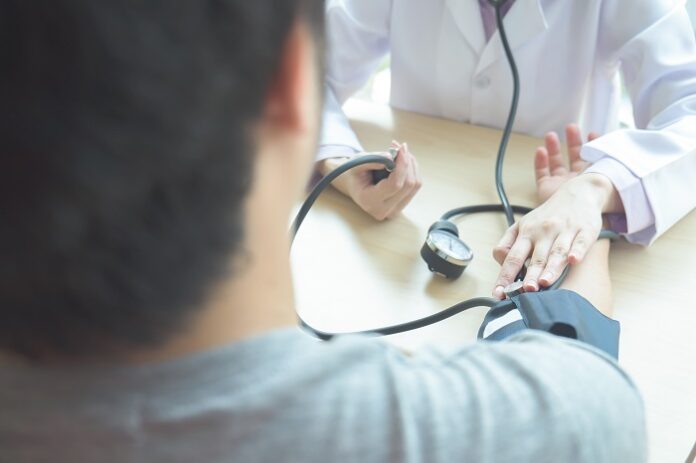In a landmark clinical trial conducted by the Centre for Chronic Disease Control (CCDC) and led by the All India Institute of Medical Sciences (AIIMS), Delhi, researchers have found that two-drug combinations of widely used medications are significantly more effective at managing hypertension in Indian patients compared to single-drug therapy.
The trial, named TOPSPIN and sponsored by Imperial College London, tested three combinations: amlodipine with perindopril, amlodipine with indapamide, and perindopril with indapamide. Conducted across 35 hospitals in India, the trial included 1,981 patients and revealed that approximately 70% achieved blood pressure (BP) control using these combinations—five times more effective than monotherapy.
Presented at the 2024 American Heart Association scientific sessions in Chicago, the findings have major implications for hypertension management in India, where nearly 30% of the population suffers from high BP, yet control rates remain alarmingly low at 11% in rural areas and 20% in urban areas.
Key Findings:
• All three combinations were equally effective and safe, reducing BP significantly over six months.
• 24-hour ambulatory BP levels dropped by an average of 14/8 mmHg, while office BP measurements decreased by 30/14 mmHg.
• Stricter BP targets of 130/80 mmHg were achieved in 40% of participants.
• Fewer than 3% of patients discontinued treatment due to side effects.
• The amlodipine-perindopril combination also led to reduced fasting blood sugar levels.
Significance for South Asians:
Hypertension remains a leading cause of death and disability in India. Current guidelines on drug selection are based largely on international standards, which may not fully suit Indian patients. This trial addresses a critical gap, providing evidence tailored to South Asian populations.
“Cardiologists in India often prescribe these combinations, but until now, there was no population-specific evidence on their effectiveness and safety,” said Dr. Ambuj Roy of AIIMS.
Implications for Public Health:
As reported by theprint.in, experts believe this study could transform hypertension management not only in India but also across the South Asian diaspora. “These findings enable physicians to confidently recommend these combinations, ensuring better BP control with minimal risk,” said Dr. Neil Poulter from Imperial College.
With hypertension affecting over 188 million Indians, the study highlights the urgent need to shift toward combination therapy as a first-line treatment to improve outcomes and reduce the burden of cardiovascular disease in the region.
























